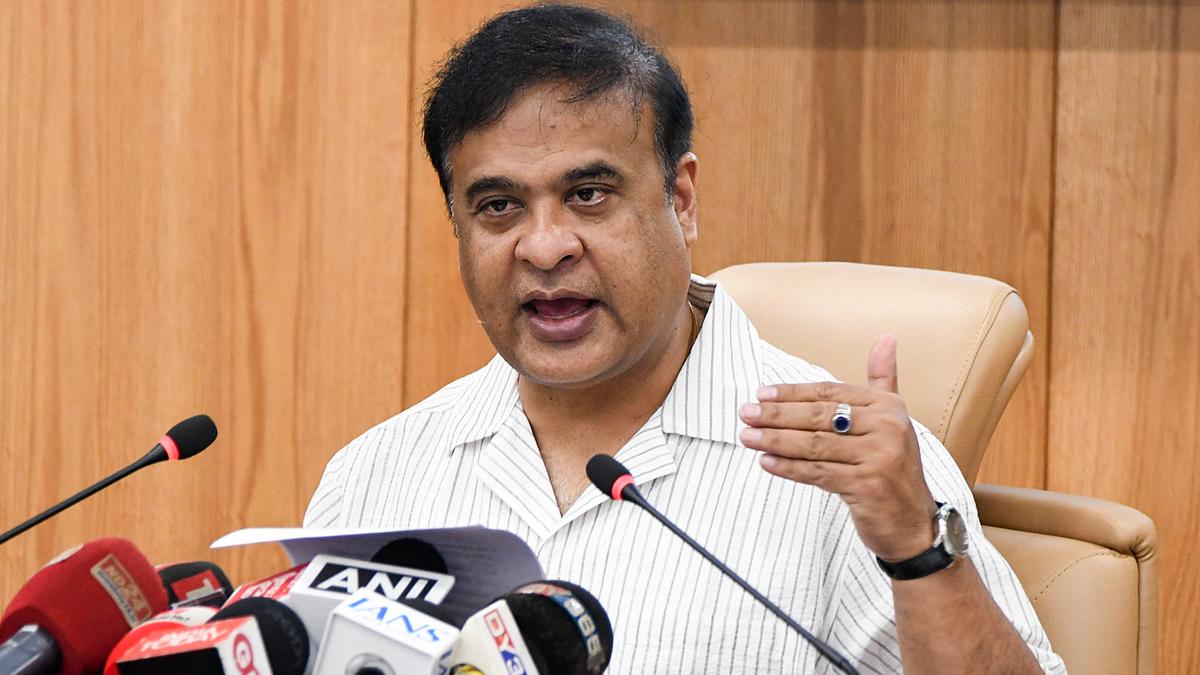Now Reading: Women’s Forum Calls for Assam to Reconsider Plan to Arm Civilians
-
01
Women’s Forum Calls for Assam to Reconsider Plan to Arm Civilians
Women’s Forum Calls for Assam to Reconsider Plan to Arm Civilians

Swift Summary
- Policy Announcement: Assam’s State Cabinet decided on May 28, 2025, to issue arms licenses to “indigenous people in sensitive areas,” aimed at empowering communities under perceived demographic threats.
- Opposition by nari Nagarik Manch: An apolitical women’s forum in Assam has criticized the move, stating it may undo decades of peacebuilding and fuel violence in a region recovering from militancy.
- Concerns Raised:
– Policy risks sparking an arms race and escalating social polarization.
– Potential increase in gender-based violence and public safety issues.
- Criticism of Approach:
– Calls for enhancing police and border security rather than arming civilians.
– Concerns about lack of clarity on eligibility criteria or safeguards for the policy.
- Campaign Launched: The forum plans to protest via memoranda submissions, public interest litigation, coordinated social media efforts, and nonviolent resistance.
Indian Opinion Analysis
The decision by Assam’s government reflects a complex balancing act between perceived community security needs and broader societal implications. Critics argue that arming civilians can escalate instability rather than resolve underlying issues. The opposition highlights specific risks including increased gun-related violence and strained inter-community relations – concerns rooted in lessons from conflict zones like Manipur. Strengthening professional law enforcement agencies might offer a more sustainable solution than weaponizing citizens. While the intent may aim at community empowerment, unchecked proliferation of arms could deepen socio-political divisions further compromising peace efforts made after years of militancy.























